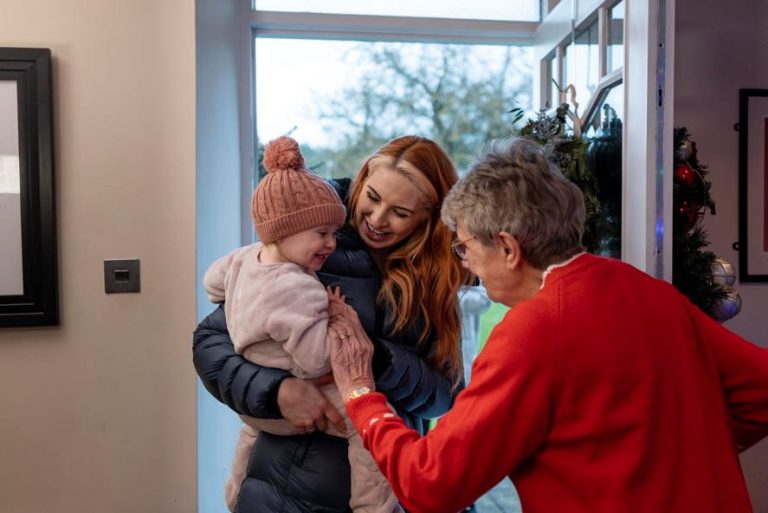
For people with Alzheimer’s or another form of dementia, the period between sunset and twilight can be a difficult time, one when sundowning symptoms become particularly strong. In fact, 1 in 5 people with Alzheimer’s are affected by Sundowner’s symptoms: and it can even happen to seniors who don’t suffer from dementia.
In fall and winter, when the days are shorter, the earlier fading light combined with the sleep cycle disturbances commonly associated with dementia seem to herald even worse episodes of sundowning symptoms. These can include agitation, confusion, disorientation, hallucinations, pacing, paranoia, wandering, restlessness and even yelling. This is stressful not just on the dementia patients experiencing Sundowner’s symptoms, but also on caregivers, whether they’re family members in the home or aides in a memory care community.
While there is no actual cure for sundowning symptoms, there are measures that caregivers can take to lessen the severity of episodes and help dementia patients stay calmer through a long night. These measures can also reduce the stress it takes on the caregiver.
Below are a several recommendations to try:
- Stick to a regular sleep/wake/activity schedule. Set regular times for waking up, eating meals, and going to bed. Baths, doctor appointments, and other outings/visits are best done earlier in the day when dementia patients are typically at their best and most focused.
- Be mindful of meal sizes and nap times. Lunch should be the largest meal; the evening meal should be the smallest. Avoid serving caffeine or sweets after lunch and avoid letting the person with dementia nap or exercise within 4 hours of bedtime.
- Keep activities to daytime hours. Take full advantage of natural light therapy by getting a loved one outdoors or in a sunny room during the day for activities like gardening, art class, walks or wheelchair rides, etc. These are all good ways to encourage good quality sleep and help stave off sundowning symptoms.
- Maintain a sundowning symptom trigger diary. The events and things that trigger each person with dementia can be different, so it’s important to recognize what affects your loved one so you can help avoid those triggers if possible. Keep a small notebook at the bedside so you can record what you see and learn throughout each day as far as triggers for agitation are concerned.. It will be helpful to look back on, and also to share with your loved one’s medical team and other caregivers.
- Employ light therapy. A recent study found that lighting with a bluish tint appeared to help reset circadian rhythms in Alzheimer’s patients; it also indicated that the blue light may increase melatonin, a natural sleep aid. Full-spectrum fluorescent lighting are the best blue lights to use for a couple of hours a day during fall and winter, or whenever the person with dementia is exhibiting agitation or confusion.
- Promote end-of-day calm. Later in the day is a good time for soft music, reading together, or playing cards. Try to avoid asking your loved one to do anything that might cause frustration — even doing a puzzle or watching a loud TV show. Close the blinds and create a cool, comfortable, softly lit room.
- If nothing is working, don’t wait—talk to your loved one’s doctor. The medicines they take may need to be adjusted or something else may need to be added to help them sleep and lessen their confusion.
- Don’t forget to take care of yourself. Try to stay calm and be reassuring with your loved one. If you need help or someone to lean on during difficult times, don’t hesitate to reach out and ask. When you’re feeling strong and healthy, you will be at your best as a caregiver.
When Your Loved One Is Ready for Memory Care, We’re Here.
There will come a time when all the love and care you can give simply won’t be enough. Your loved one will benefit from—and require—what only a trained, professional caregiving team can provide. When that time comes (and it will be different for all), one of the best places to consider is the memory care community at Fellowship Village. Our innovative household model creates a secure and familiar homelike atmosphere, where every minute of every day, a nurturing team member is available to help your loved one.
Our care philosophy is person-centered from the way we shape our physical environment to our organizational structure to our celebration of interpersonal relationships between residents and the entire caregiving team. We invite you to visit our Memory Care page and then contact us to learn more.



